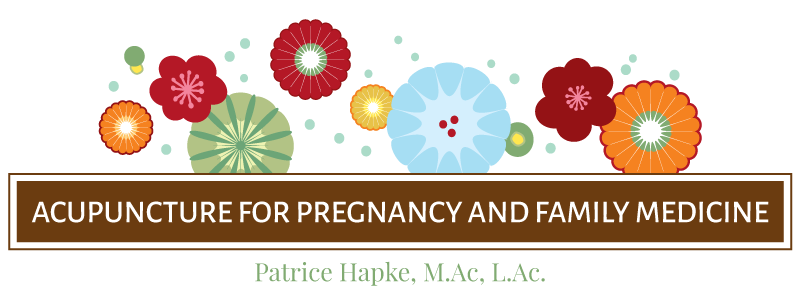Fertility Management
Chinese Medicine has been used for thousands of years to promote fertility and healthy babies. Today, with the added benefit of Western science and research, Chinese Medicine has even more to offer couples who are trying to conceive.
Whether you are seeking guidance in conceiving naturally with your partner without the use of drugs and intervention or you are using the help of a fertility clinic and artificial reproductive technology (ART), Chinese Medicine is exceptionally helpful in promoting the success of your efforts to conceive. Chinese Medicine’s effectiveness has been documented over the course of history as well as in many recent scientific studies in the past few decades, including some exciting new research carried out in 2010.
Traditional Chinese Medicine addresses the underlying causes preventing you from conceiving easily on your own. In nature, an organism in healthy balance will easily reproduce. By coaxing your body back into balance by treating the underlying problems, you will become healthier. The natural result of this escalation in your health is fertility. I take time to carefully understand your body and how to bring your body into a more fertile state.
You should expect the treatment process to take at least three months, as the time period to establish the foundation of healthy eggs and sperm (the process of folliculogenesis and spermatogenesis) is three to four months. However, you may conceive sooner. If more complicated health issues are present, it could take longer. But do not despair. In this time, your body is changing for the better. You will be healthier and stronger. After you conceive, you will be more likely to carry the baby to full term and birth a healthy and strong baby.
Nothing compares to the joy of conceiving and birthing a child. It brings me much joy to help people make this a reality.
Conditions treated and supported:
IUI
IVF
ICSI
PCOS
Endometriosis
irregular menstruation
scanty periods
no periods
heavy periods
painful periods
advanced maternal age
poor responders
recurrent miscarriage
stress
luteal phase defect
male factor infertility


